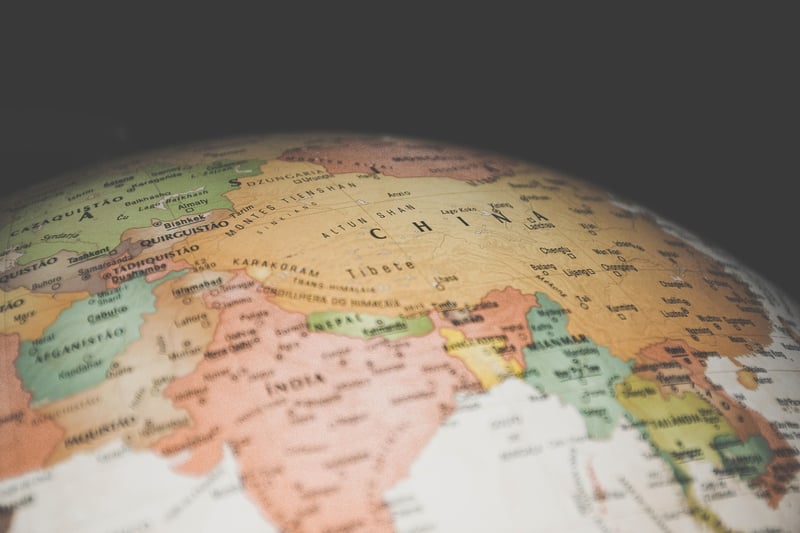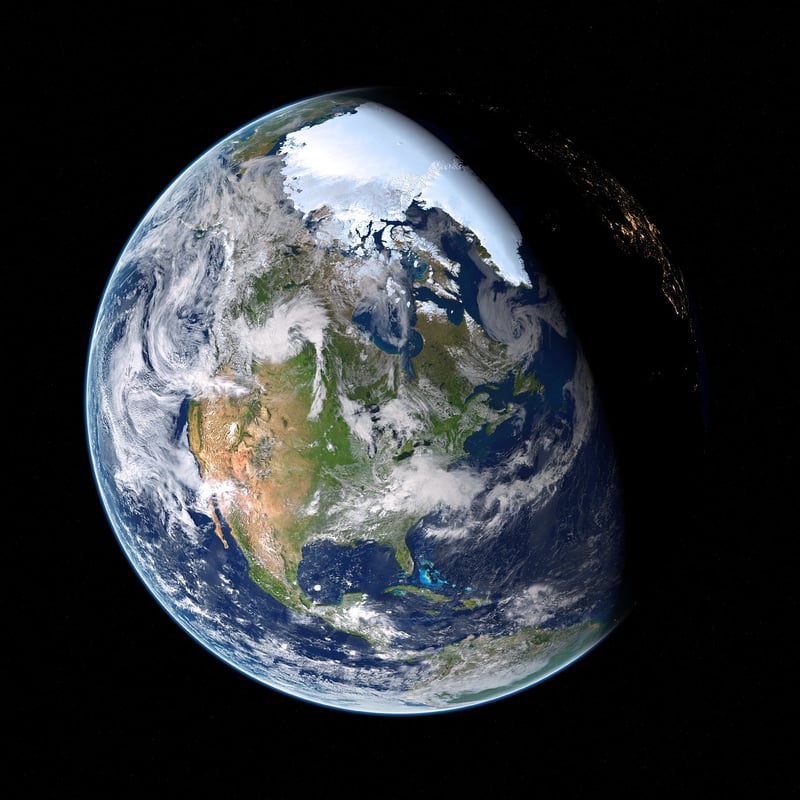Future Exploration
Exploring Different Eras and Future Exploration
Exploration has been a fundamental part of human history, driving us to discover new lands, cultures, and technologies. From the ancient civilizations to modern space missions, each era of exploration has shaped our world in unique ways. Let's delve into the different eras of exploration and peek into the future of exploration.
Ancient Exploration
Ancient civilizations like the Greeks, Romans, and Chinese were pioneers of exploration. They navigated seas, established trade routes, and expanded their empires through exploration. The voyages of Marco Polo and Zheng He are renowned for connecting the East and West, fostering cultural exchange and trade.

Age of Discovery
The Age of Discovery in the 15th to 17th centuries witnessed European explorers like Christopher Columbus, Vasco da Gama, and Magellan setting sail to find new trade routes and lands. This era led to the Columbian Exchange, where goods, ideas, and diseases were exchanged between the Old and New Worlds.

Space Exploration
In the 20th century, humanity reached for the stars with space exploration. The Space Race between the USA and USSR led to iconic moments like the moon landing in 1969. Today, organizations like NASA and SpaceX continue to push the boundaries of space exploration, with missions to Mars and beyond.

Future Exploration
The future of exploration holds exciting possibilities. With advancements in technology like AI, robotics, and virtual reality, we can explore distant planets, deep oceans, and even the human mind. Space tourism, asteroid mining, and sustainable living on Mars are among the ambitious goals for future exploration.

Exploration, in all its forms, fuels our curiosity, drives innovation, and connects us as a global community. As we look back on the achievements of the past and gaze toward the future, the spirit of exploration continues to inspire us to reach new heights and discover the unknown.
Let's keep exploring, for the journey is just beginning.
